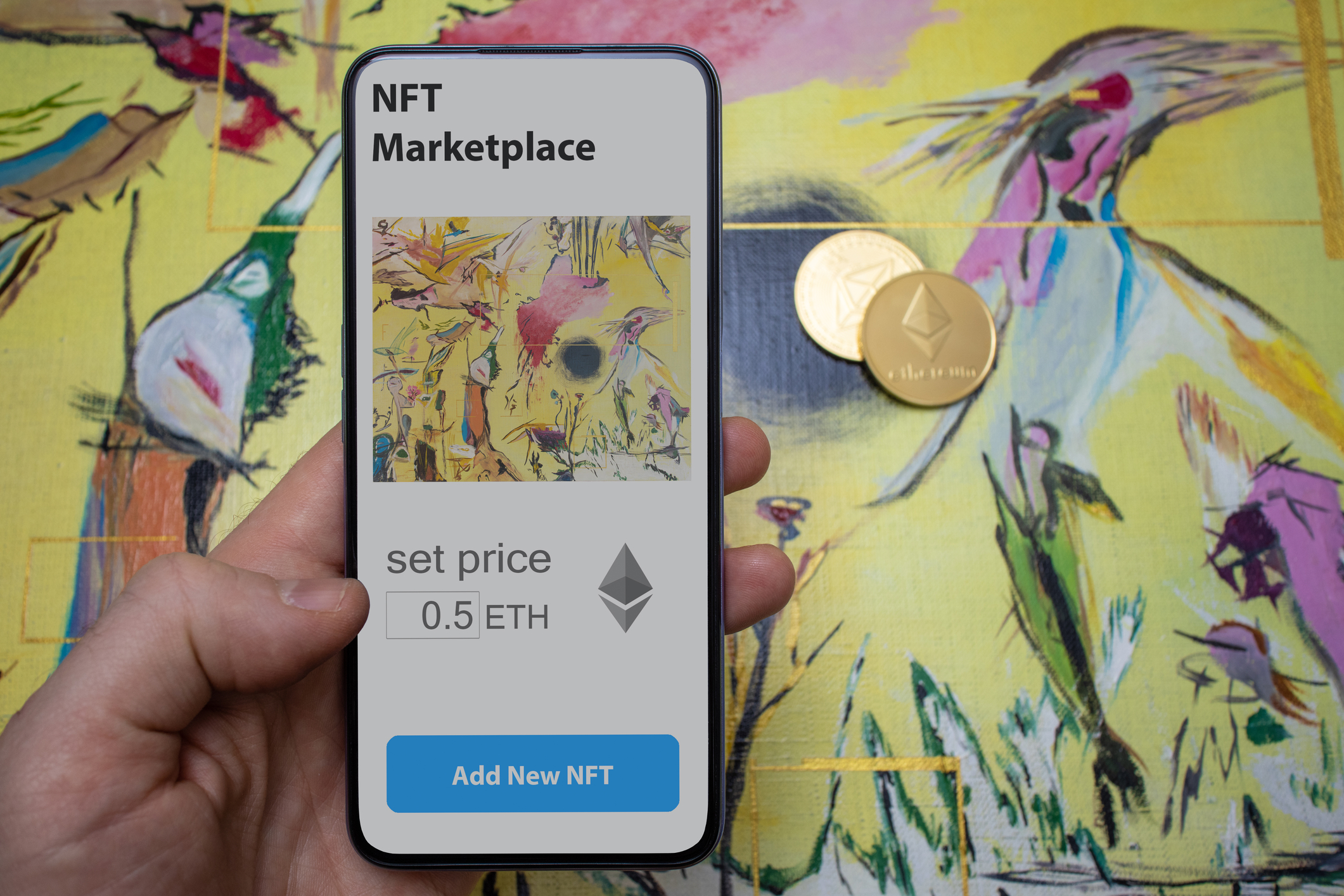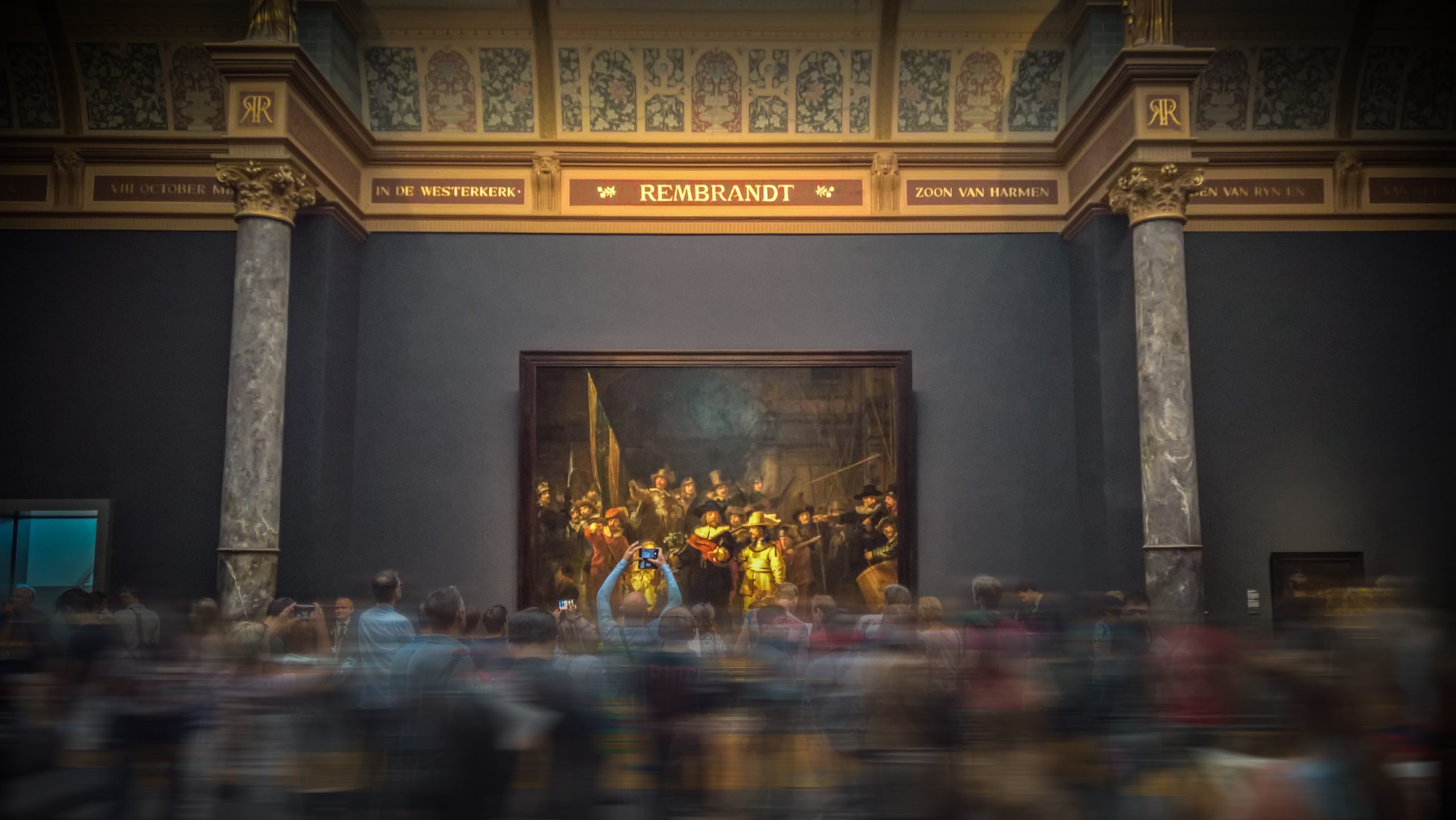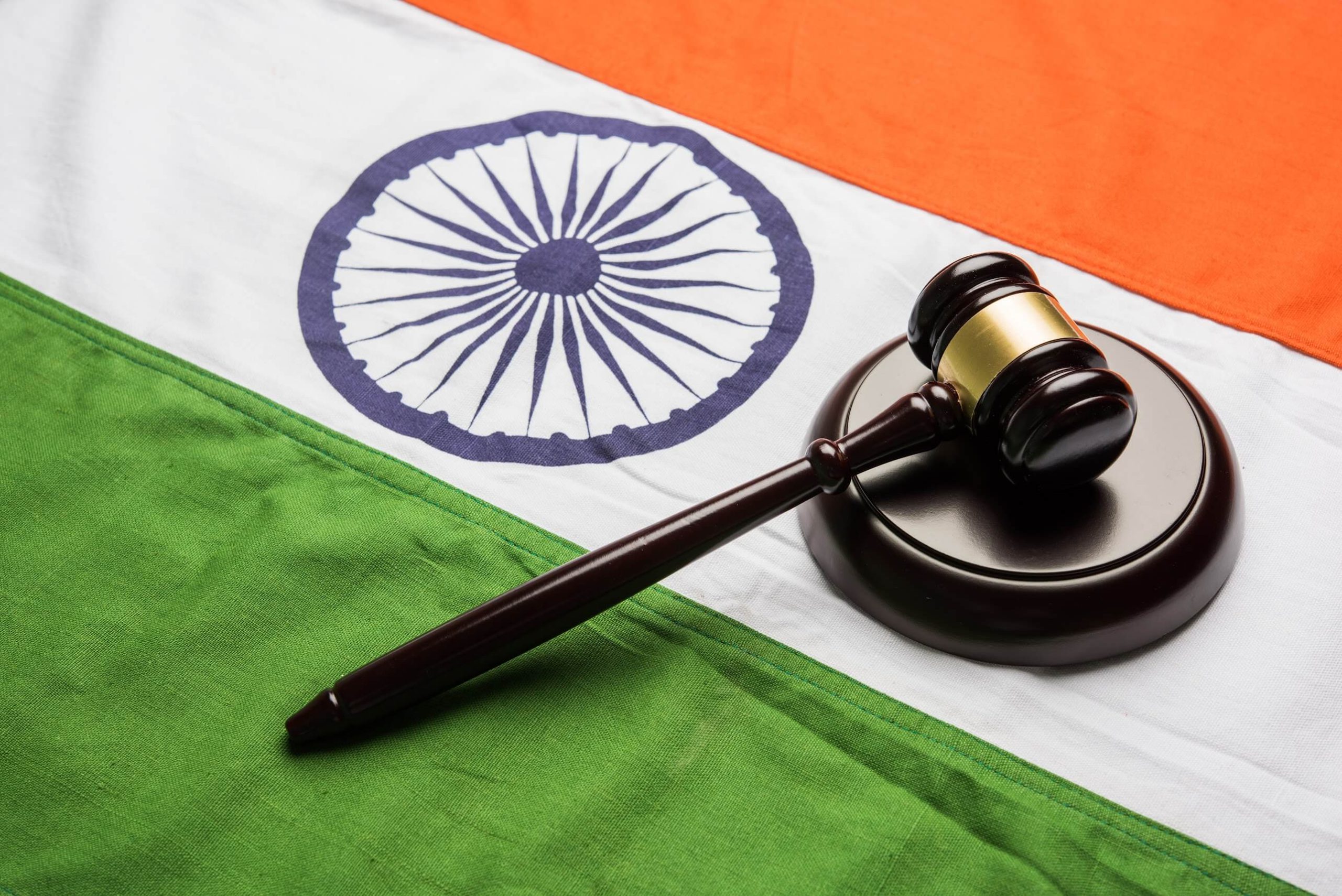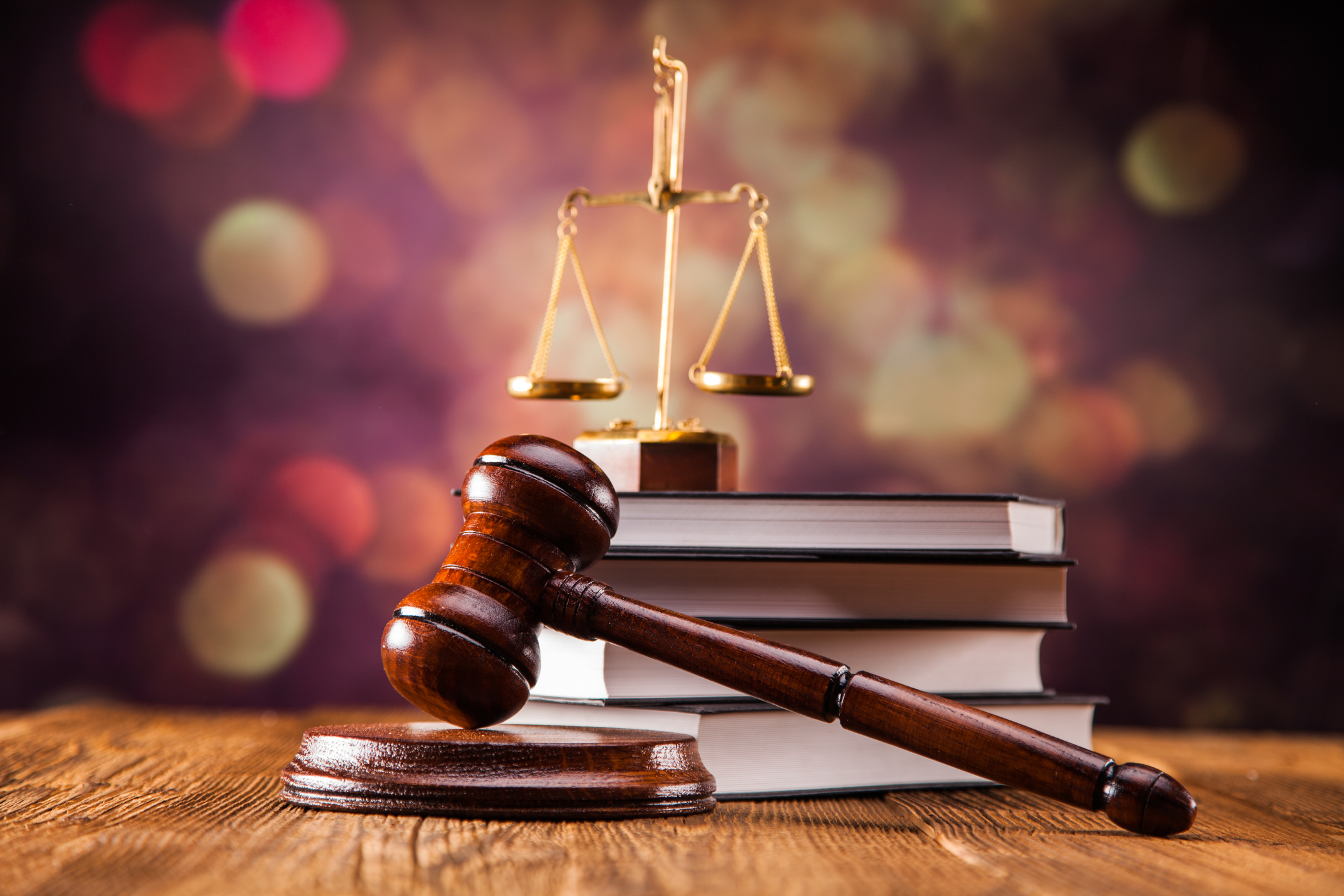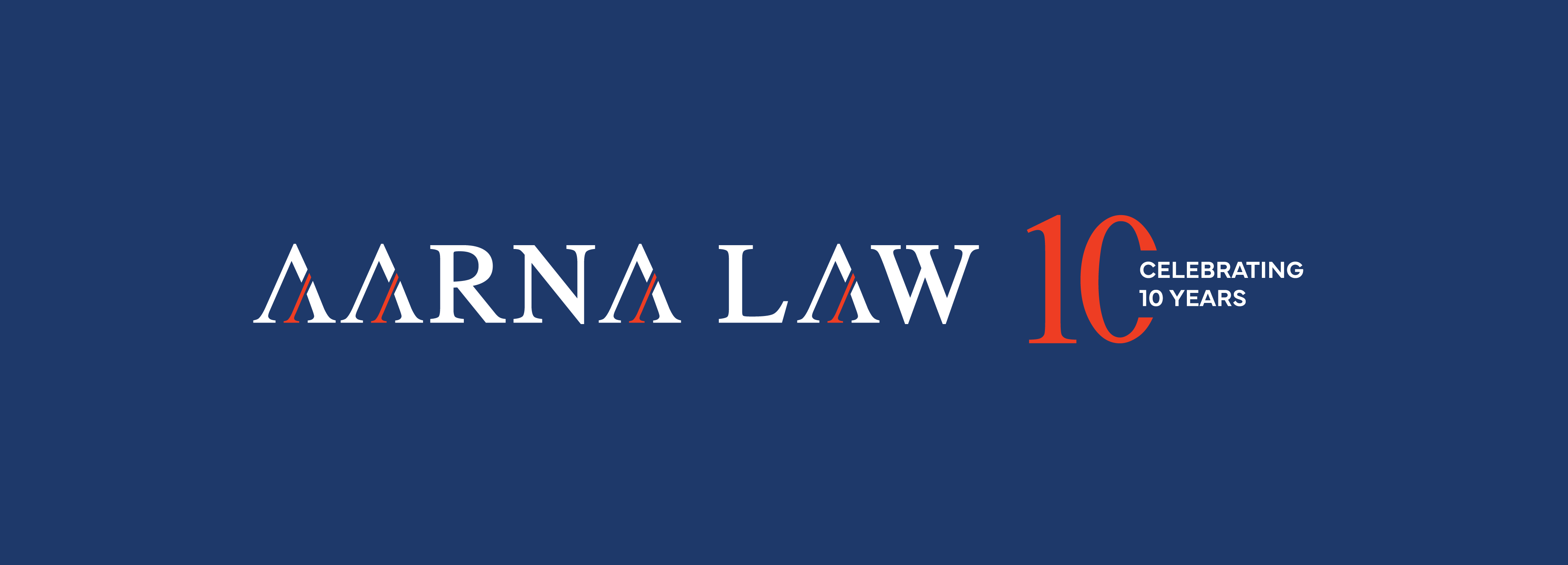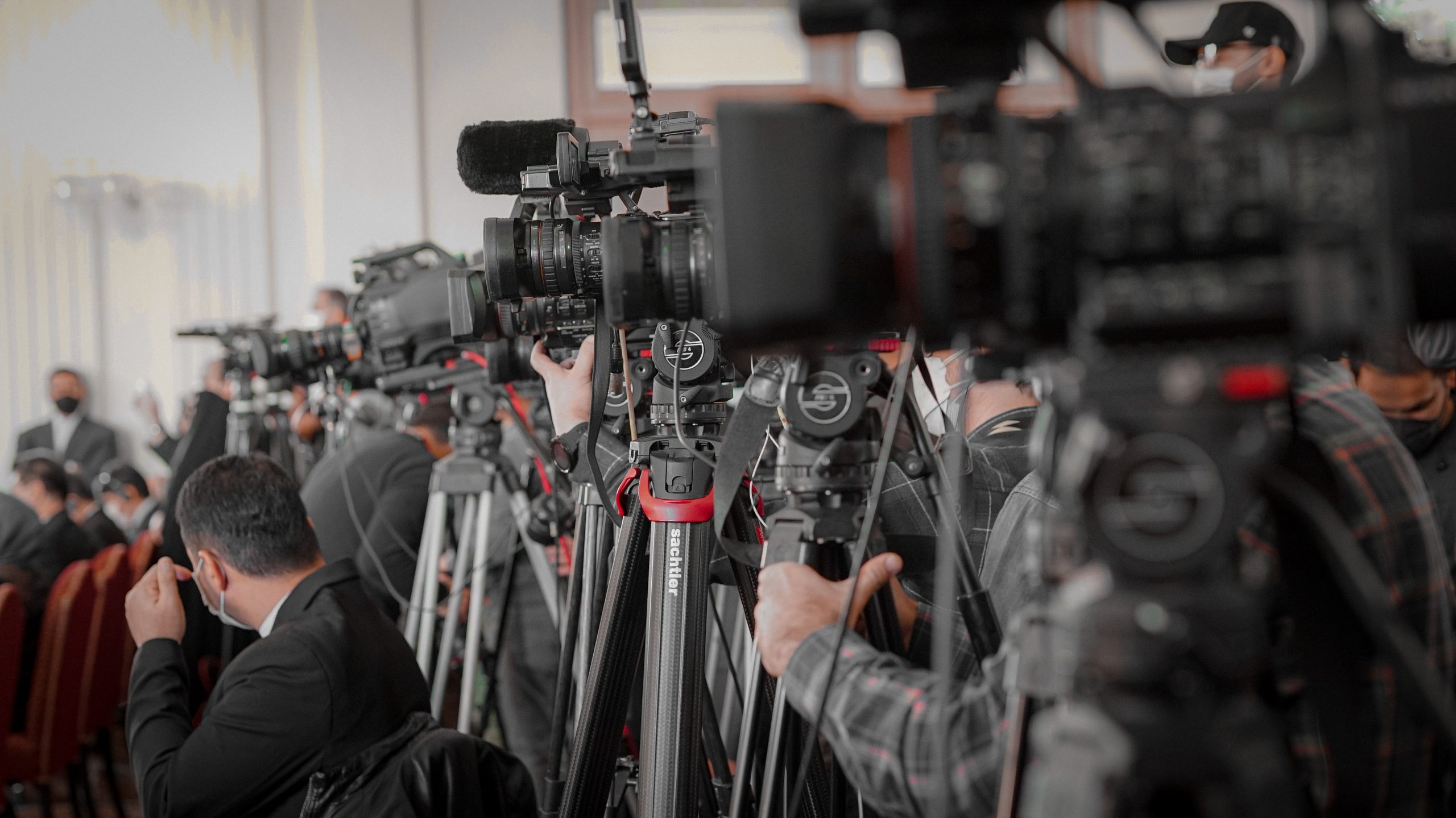Case update: Macleods Pharmaceuticals Limited Vs. Union Of India And Others
The petitioner (Macleods Pharmaceuticals Limited) is a pharmaceutical company incorporated under the provisions of Companies Act, 1956. It challenged the order passed by the Intellectual Property Appellate Board, allowing a rectification application filed by respondent number 4 (Sun Pharmaceuticals Ltd) which was directed to delete the entry of the registered trade mark ‘OFLOMAC’ registered by the petitioner.

